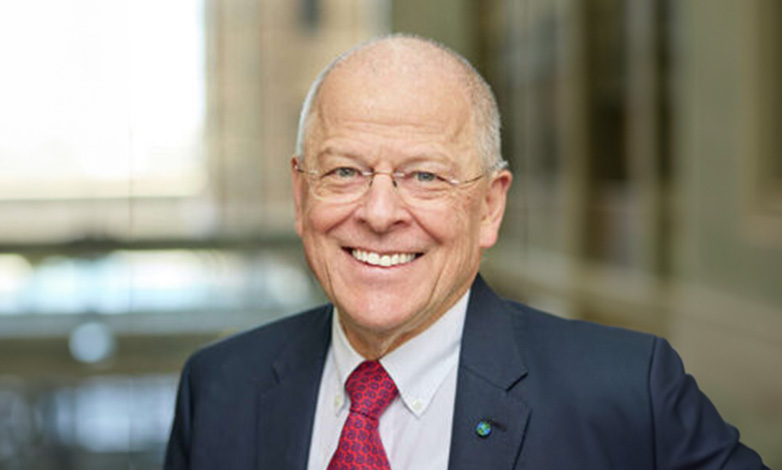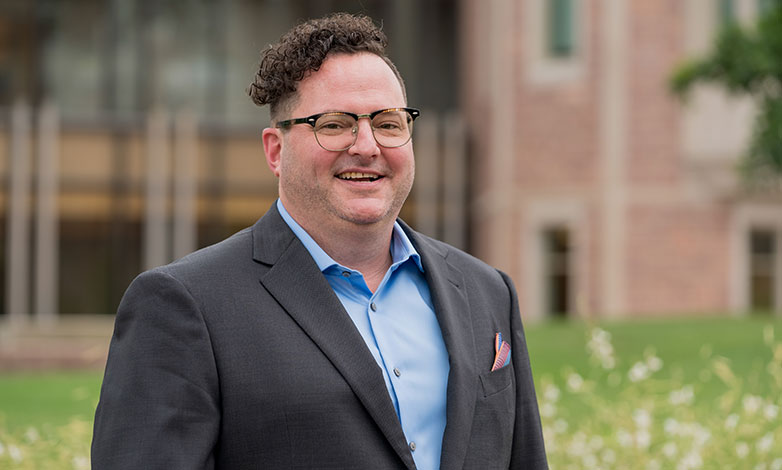PhD Faculty
Students in the PhD in Public Health Sciences program have the opportunity to work with faculty participating in locally, nationally, and globally recognized research and studies on both the Danforth and Medical School campuses. Their areas of interest range from data analysis to community outreach to AI modeling for positive health outcomes. Learn more about our faculty community and how you can be a part of building a better present and future.
Browse Our PhD Faculty
Name
Areas of Interest





